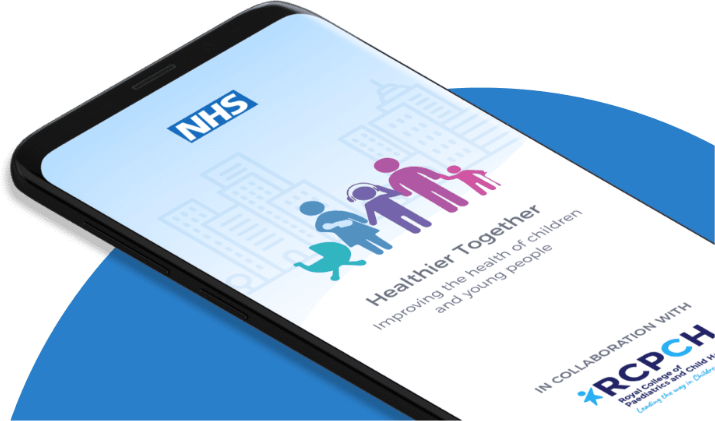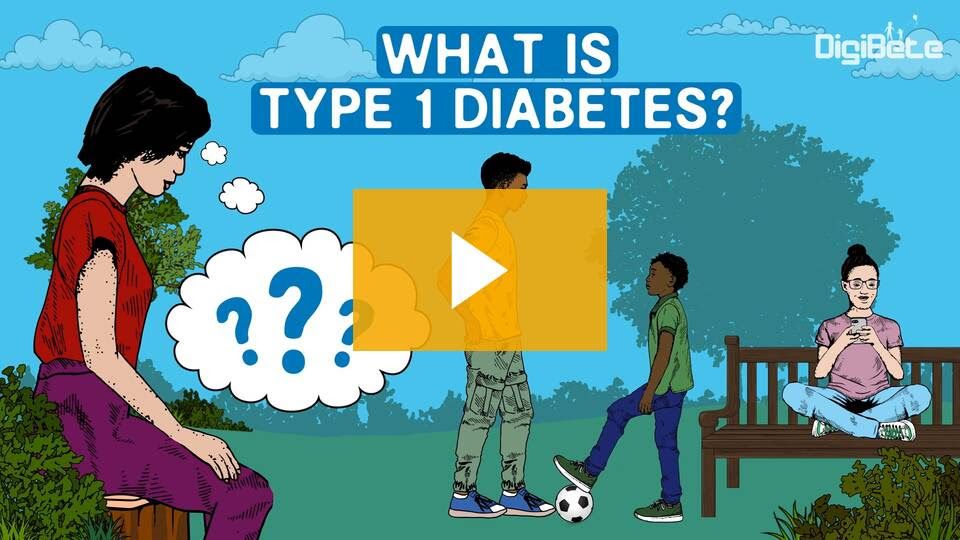Diabetes
Diabetes is a lifelong condition that causes a person’s blood sugar (glucose) level to become too high.
There are two main types of diabetes. Type 1 diabetes is the most common type of diabetes in children and young people. Type 2 diabetes is usually seen in adults but more young people are developing it.
The symptoms of diabetes are:
- Feeling very thirsty
- Weeing more often
- Losing weight
- Feeling very tired
We call these symptoms the 4 Ts: Thirsty, Toileting more, Thinner and Tired
If you are concerned your child may have diabetes speak to your GP urgently today. They will be able to check your child’s blood sugar level with a finger prick blood test.
Type 1 diabetes
- Type 1 diabetes is an autoimmune condition in which the body’s own defence system (immune system) attacks the cells in the pancreas which produce insulin.
- We do not know exaclty what causes type 1 diabetes. It is not linked to lifestyle factors.
- There is no cure and it cannot be prevented.
- Type 1 diabetes is managed with injections of insulin.
Type 1 diabetes can develop quickly over days or weeks. It is important for diabetes to be diagnosed and treated urgently, to prevent children and young people becoming seriously unwell.
Type 1 diabetes is not common in children and is not always considered when children see a health professional.
If you think your child may have diabetes ask your GP to do a finger prick. If these results suggest diabetes they will be sent to the hospital the same day to see a paediatrician.
Type 2 diabetes
- Type 2 diabetes is where the body’s cells do not react to insulin or the body does not make enough insulin.
- It is not an autoimmune condition.
- There are several risk factors for developing type 2 diabetes. These include ethnicity, genetics and lifestyle.
- You can help prevent and manage type 2 diabetes with healthy eating, regular exercise and achieving a healthy body weight.
- Tablets and insulin injections may also be needed to manage type 2 diabetes.
- Type 2 diabetes can develop over weeks or months. The symptoms may be less obvious compared to type 1 diabetes.
Resources
For further information on diabetes






